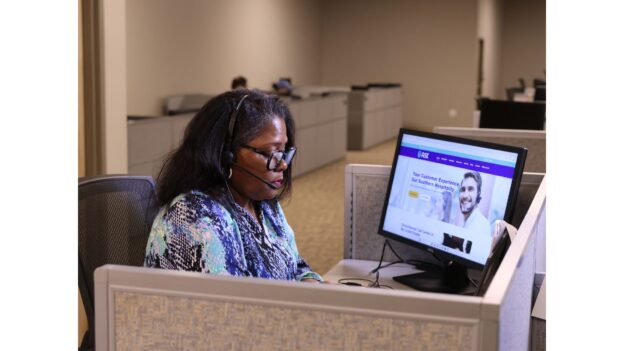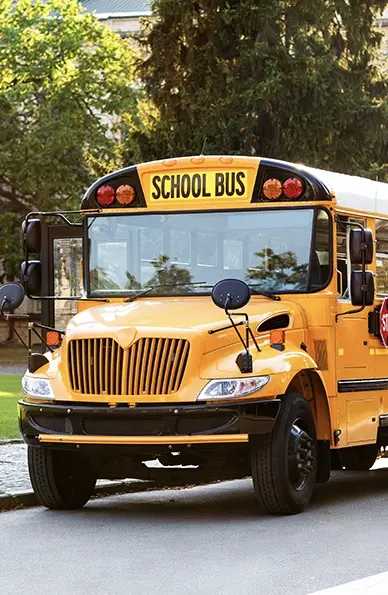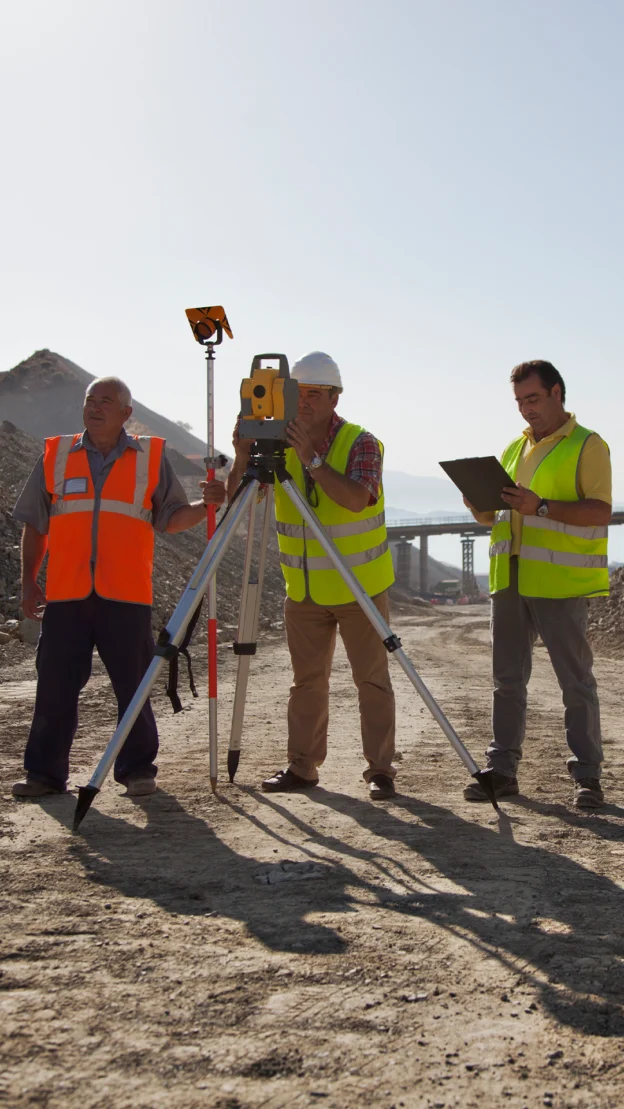This comprehensive training provides aspiring baristas with the essential skills needed to excel in the coffee industry. The course covers technical coffee-making skills, including espresso preparation, milk texturing and steaming, latte art creation, brewing techniques, coffee cupping and tasting, grinder calibration, drink recipe knowledge, and the creation of signature drinks.
The course also emphasizes customer service, effective communication, order accuracy, handling customer queries and complaints, and building customer relationships. Workplace skills, health and safety practices, cleaning and maintenance, inventory management, and basic technical troubleshooting are also included. By the end of the course, students will be proficient in operating an espresso machine, milk steaming, latte art, using different brewing methods, preparing coffee beverages, managing tasks efficiently, maintaining cleanliness, adhering to health and safety standards, working effectively on a team, and upholding professionalism in the workplace.
This course is a comprehensive training designed to equip aspiring technicians with the necessary skills and competencies to excel in the flooring industry. The course covers a wide range of topics, including job site assessment, precise measurement and cutting techniques for different flooring materials, installation of various types of flooring such as hardwood, carpet, vinyl, and tile, ensuring proper alignment, finishing, and quality in all flooring projects, and inspection and repair of existing flooring. It also emphasizes the importance of maintaining a secure working environment by complying with safety regulations.
The course structure begins with an overview of the challenges of flooring installation in Alabama and explores opportunities for career growth and advancement. It then delves into areas of future training and certification relevant to floor installation workers in Alabama. By the end of the course, students will have built a strong foundation of skills necessary to succeed as a Flooring Installation Technician in the state of Alabama. These skills include performing a job site evaluation, identifying the proper tools for different flooring installation jobs, installing carpet tack strips and cushion, preparing tile underlayment, mixing thin set, back buttering tiles, making basic tile cuts using the wet saw, mixing and applying grout to a completed tile installation, recognizing the importance of hardwood floor acclimation and room temperature, using a moisture meter and hydrometer to record and document hardwood floor and subfloor moisture levels, using a nail gun to install hardwood flooring, racking out hardwood flooring boards, inspecting the wood, sorting them in a pattern to install, and performing minor cuts with a table saw and miter saw on hardwood flooring.
This comprehensive course provides participants with the knowledge and skills necessary to begin working in an entry-level, customer-facing position including frontline staff, team leads, and managers, as well as any professional seeking to enhance their customer service skills. Participants gain a basic understanding of how to take care of customer needs by providing high-quality professional service and assistance before, during, and after the sale. They do this by gaining an understanding of the basic characteristics of customer service, an understanding of the customer and how to interact with them at all stages of the sale. Participants also learn about related technologies and strategies for continuous improvement in the field of customer service.
This comprehensive course provides participants with the knowledge and skills necessary to begin working in an entry-level, customer-facing position including frontline staff, team leads, and managers, as well as any professional seeking to enhance their customer service skills. It is ideal for those aspiring to work as frontline staff, team leads, and managers, as well as professionals seeking to refine their customer service skills. Participants gain a basic understanding of how to take care of customer needs by providing high-quality professional service and assistance before, during, and after the sale. They do this by gaining an understanding of the basic characteristics of customer service, an understanding of the customer and how to interact with them at all stages of the sale. Participants also learn about related technologies and strategies for continuous improvement in the field of customer service.
This comprehensive course, “Community Health Worker Course,” is designed for individuals passionate about improving public health and making a significant impact within their communities. Ideal candidates include those interested in pursuing a career in public health, current healthcare professionals seeking to expand their knowledge and skills in community health, volunteers aiming to make a difference in public health, and individuals from communities experiencing health disparities who wish to advocate for better health outcomes.
This comprehensive course is designed to introduce you to the dynamic world of commercial construction, focusing on the pivotal role of carpentry helpers. Over eight detailed lessons, this course covers everything from the basics of commercial construction, safety protocols, tool and material handling, to assisting skilled tradesmen, and the importance of communication and teamwork on a construction site. Starting with an overview of the commercial construction industry, you’ll learn about the different roles and jobs available, including the critical tasks performed by carpentry helpers. The course emphasizes safety, a cornerstone of construction work, detailing the Occupational Safety and Health Administration (OSHA) regulations, personal protective equipment (PPE), and emergency procedures to mitigate the “Fatal Four” hazards: falls, caught-in or between, struck-by, and electrical hazards.
You’ll gain insights into the tools and equipment essential for construction, including their safe operation and maintenance. The course also delves into the handling, storage, and transportation of construction materials, emphasizing the importance of proper techniques to ensure safety and efficiency. A significant portion of the course is dedicated to the practical aspects of being a carpentry helper. You’ll learn about rough and finish carpentry basics, including key terms and processes involved in framing and adding finishing touches to buildings. This knowledge is crucial for assisting skilled tradesmen effectively and contributing to the construction process.
Communication and teamwork are highlighted as vital components of successful construction projects. The course offers strategies for effective communication, including verbal, non-verbal, and written methods, and underscores the value of teamwork in overcoming challenges and achieving project goals. By the end of this course, you’ll have a solid foundation in the principles and practices of commercial construction, equipped with the knowledge and skills to excel as a carpentry helper. Whether you’re new to the field or looking to enhance your understanding, this course provides valuable insights and practical tips to help you succeed in the fast-paced world of commercial construction.
This comprehensive course is designed for individuals interested in beginning a career in the electrical field, specifically targeting those aspiring to become electrical helpers. With a blend of theoretical knowledge and practical skills, this course lays the foundation for understanding the basics of electrical work, safety protocols, and the role of an electrical helper in various settings. Throughout the course, participants will be introduced to the fundamental concepts of electricity, including electrical theory, terminology, and the principles of circuits. The curriculum is structured to cover the various tasks an electrical helper may perform, such as assisting in the installation, repair, and maintenance of electrical systems, handling tools and materials, and ensuring job site cleanliness and organization. A significant focus is placed on safety, emphasizing the importance of personal protective equipment (PPE), adherence to safety standards, and the identification and mitigation of electrical hazards. Practical sessions include hands-on training in the use of basic electrical tools, measuring and cutting wires, drilling holes, and running and bending conduits, among other essential skills. Participants will also learn to read and interpret electrical blueprints and schematics, enabling them to effectively assist in electrical installations and troubleshooting. The course aims to equip students with the knowledge and skills needed to support master electricians on job sites, fostering an understanding of the electrical trade that prepares them for further career advancement. By the end of the course, students will have a solid understanding of the role of an electrical helper, the basics of electrical theory, and the practical skills needed to safely and effectively assist in electrical work. This course serves as a stepping stone for those looking to pursue a career as an electrician, providing the foundational knowledge and experience required to advance in the electrical field.
This CDL School Bus Endorsement training course is offered online, using a self-paced, and interactive learning approach. Upon completing the online part, students may then participate in the hands-on portion of the course at any of the 24 Community Colleges around the state.
This course was specifically designed for people who have already earned a Class B and Passenger endorsement and are looking to renew their School Bus Endorsement. After each lesson, drivers must take a quiz and score 80% or greater. Upon completion of the online element of the course and passing the state exam, an unrestricted Class B Passenger and School Bus Endorsement are achieved.
Upon completing both online and hands-on portions of the course, a participant will receive an ACCS micro-credential.
Discover the exciting world of land surveying with this comprehensive basic course! You’ll learn the key principles and techniques of measuring, mapping, and representing the features of a piece of land. From cadastral surveying to topographic surveying and GPS surveying, you’ll gain a deep understanding of the various types of land surveying. You’ll also learn about field data collection and data processing, as well as important legal and ethical considerations in the field. Whether you’re just starting out or looking to enhance your existing skills, this course is a great investment in your future and offers a path to exciting career opportunities such as a surveyor, mapping technician, or GIS specialist. Get ready to explore the dynamic field of land surveying and start shaping the built environment!







